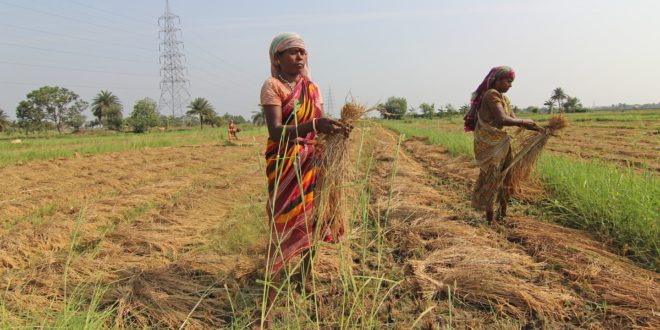Farmers have a lot of decisions to make when it comes to their farm, and one of the most important is choosing the right fencing. Fencing is necessary to keep livestock in certain areas, protect crops from animals, and more. However, many farmers make common mistakes when choosing fencing that can cost them time and money. This article will discuss seven of the most common mistakes farmers make when choosing the type of fence.
1. Not Considering the Purpose of the Fence
The first and most common mistake farmers make when choosing fencing is not considering the fence’s purpose. Many types of fencing are available, each with its own advantages and disadvantages. Thinking about what you need your fence to do before you start shopping around is important. Do you need a temporary or permanent fence? A livestock or crop fence? An electric or non-electric fence? Once you understand the purpose of your fence, you can narrow down your options and choose the best type of fencing for your needs.
2. Not Taking Into Account the Climate
Another common mistake farmers make when choosing fencing is not considering the climate. Certain types of fencing are not well-suited for certain climates. For example, wood fencing can rot in humid climates, while metal fencing can rust in dry climates. It is important to consider the climate when choosing a fence material that will stand up to the elements and last for years to come.
3. Not Measuring the Area Properly
Another common mistake farmers make when choosing fencing is not measuring the area properly. This is especially important if you are ordering pre-made fence panels or posts. If you do not measure the area correctly, you may end up with too much or too little fencing material, which can be wasted time and money. Be sure to measure the length and width of the area you need to fence before you start shopping for fencing.
4. Not Considering the Terrain
Another common mistake farmers make when choosing fencing is not considering the terrain. Certain types of fencing, such as barbed wire, can be difficult or impossible to install on hilly or uneven terrain. It is important to consider the terrain of your farm when choosing a type of fence to choose one that can be easily installed.
5. Not Taking Into Account the Height of the Fence
Another common mistake farmers make when choosing fencing is not considering the height of the fence. Certain animals, such as deer, can jump over low fences. If you are trying to keep deer out of your garden, for example, you will need to choose a tall fence to deter them. On the other hand, if you are trying to keep small animals in, such as chickens, you will not need a tall fence. Be sure to consider the height of the fence when making your choice.
6. Not Considering the Cost
Another common mistake farmers make when choosing fencing is not considering the cost. Fencing can be a significant investment, and it is essential to factor the cost into your decision-making process. Many types of fencing are available at a wide range of prices, so be sure to shop around and get quotes from multiple vendors before making a final decision.
7. Not Getting Professional Help
The final and perhaps most crucial mistake farmers make when choosing to fence is not getting professional help. When choosing fencing, there are many variables to consider, and it can be difficult to know where to start. A professional fence installer can help you assess your needs and choose the best type of fence for your farm. They can also provide you with a quote for the installation so that you can budget for the project.
Choosing the right fencing for your farm is an important decision that should not be taken lightly. Be sure to avoid these common mistakes to choose the best fence for your needs.




